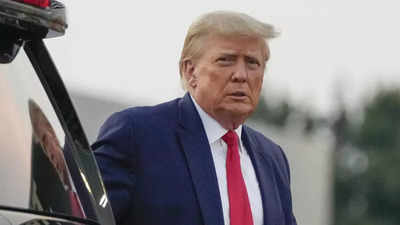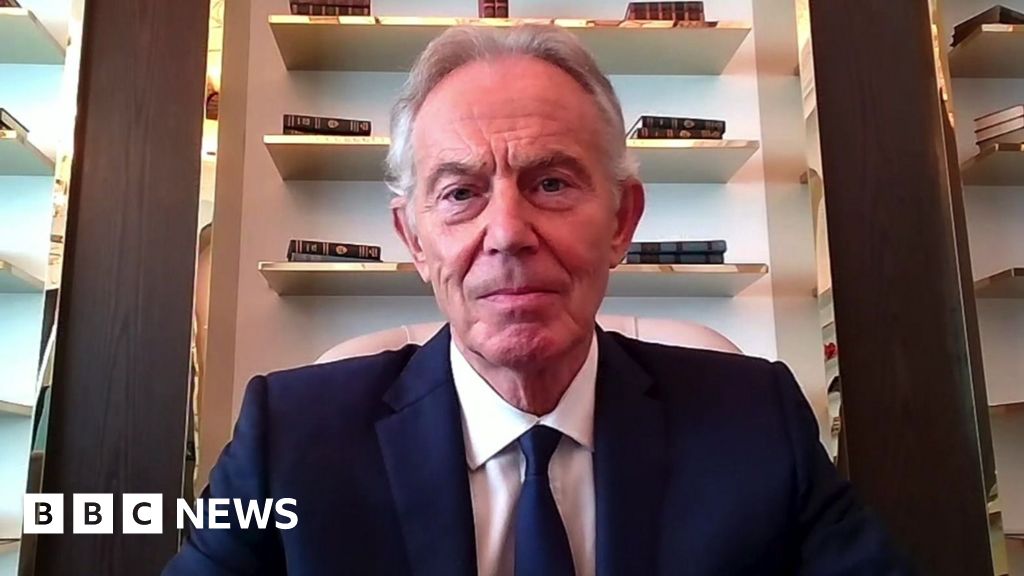
Donald Trump, who will conclude his second term as President, has hinted at a potential run for
reelection
in 2028. However, the Constitution prohibits him from seeking a third term, New York Times reported.
Trump, currently 78 years old, would be the oldest president in history if he were to serve another term.
Former President Donald Trump has made several lighthearted remarks suggesting he might try to stay in office longer than the standard two terms.
Speaking to House Republicans recently, Trump joked, "I suspect I won't be running again unless you say, 'He's so good we've got to figure something else out.'"
This isn't the first time Trump has made such comments. At a May gathering of the National Rifle Association, he asked the crowd, "I don't know, are we going to be considered three-term or two-term? Are we three-term or two-term if we win?"
During a September 2020 rally in Nevada, Trump suggested to supporters that term limits could be negotiable. "We're going to win four more years in the White House," he said. "And then after that, we'll negotiate, right? Because we're probably -- based on the way we were treated -- we are probably entitled to another four after that."
Trump also made a comment to Christian voters in July, stating that if they voted for him, they wouldn't need to vote again. "Christians, get out and vote. Just this time," he said. "You won't have to do it anymore, you know what? Four more years, it'll be fixed, it'll be fine, you won't have to vote anymore, my beautiful Christians."
What does the law says?
Despite these comments, when questioned by a New York Times reporter on Election Day about whether the 2024 campaign would be his last, Trump responded, "I would think so."
The
22nd Amendment
to the U.S. Constitution clearly limits presidents to two terms in office. Ratified in 1951, the amendment states that "no person shall be elected to the office of the President more than twice."
Kimberly Wehle, a constitutional law professor at the University of Baltimore, explains that this amendment was designed to prevent any president from holding excessive power. "There was a concern about entrenching power in a kinglike manner," she said.
Wehle, also the author of "How to Read the Constitution -- and Why," notes that despite the amendment's clear language, former President Trump challenged norms during his
presidency
. She highlights his appointment of three conservative justices to the Supreme Court and the court's July ruling granting him broad immunity from prosecution related to attempts to overturn the 2020 election.
While the 22nd Amendment stands, Wehle suggests that Trump's actions tested constitutional boundaries. "Trump managed to move the Constitution by doing things no one thought was possible, and then there's no consequences for what he did," she stated.

 1 day ago
6
1 day ago
6









